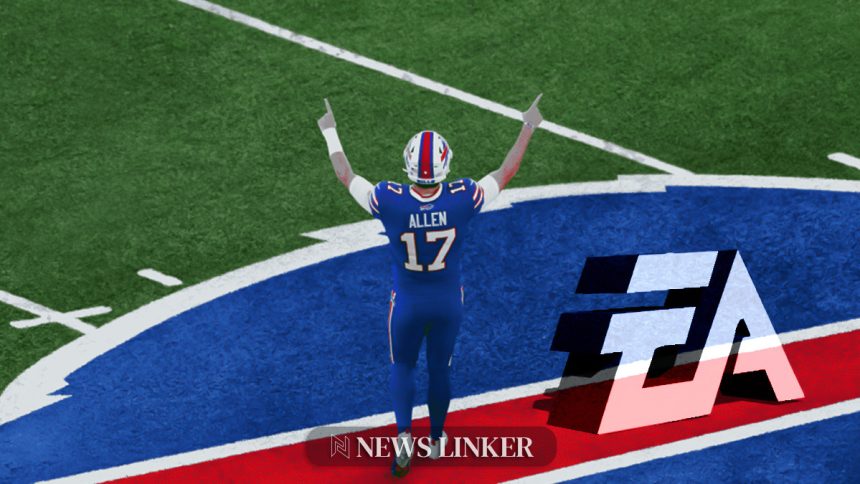Shareholders, employees, and fans are closely watching Electronic Arts (EA) as it prepares to shift into private ownership after a $55 billion acquisition backed by Saudi Arabia’s Public Investment Fund and Affinity Partners. The deal, reported as the largest leveraged buyout in private equity history, arrives just days before the anticipated launch of Battlefield 6. As details emerge, concerns center around the $20 billion in debt taken on, the firm’s future creative direction, and the sustainability of diverse representation in long-running franchises like The Sims. Some industry observers point out that the new ownership group has previously supported creative ventures but remains financially driven.
Although smaller Saudi investments in Western game companies have drawn attention over recent years, this buyout is unprecedented in scale and leverage. Conversations about previous investments largely focused on financial strategy and market share, with less scrutiny placed on the implications for creative freedom and representation. Now, greater debt and the direct involvement of large equity partners have amplified uncertainty and heightened public scrutiny, especially for EA titles known for broad, inclusive audiences. Those uncertainties lead to a more anxious atmosphere than in earlier industry precedents.
How is EA Addressing Debt and Creative Concerns?
Facing speculation over its $20 billion of assumed debt, EA has sought to assure both employees and players of its continued financial resilience. An employee FAQ released by the company emphasizes that EA remains in “a strong financial position” and is committed to “maintain creative control” over its projects. This aligns with efforts to steady stakeholder expectations as the organization transitions into a private entity. EA has also commented on rumored plans regarding artificial intelligence integration, pledging “a thoughtful, steady approach to AI.”
Will the Buyout Impact Representational Content in EA Games?
Many are questioning whether the new ownership will influence content decisions, particularly concerning diversity and inclusion in iconic franchises. In response, company leadership underlined continued adherence to core cultural values. Still, specific references to diversity, LGBT rights, or equity were omitted from recent statements. While the company reaffirmed the support of its backers, the absence of direct commitments has left some stakeholders uneasy.
What Guidance Does EA Offer About Its Direction?
EA has communicated optimism about the partnership with the consortium, stating,
“The Consortium believes in our vision, our leadership and the strength of our teams.”
The company also offered reassurance about its ongoing independence, adding,
“They are investing in EA because they believe we are uniquely positioned to lead the future of entertainment.”
Public reaffirmation of creative control appears intended to lessen speculation around significant changes to major franchises like The Sims and Battlefield.
The relationship between financial ownership and creative production is rarely simple. EA faces both opportunity and risk as it navigates private equity management, large leveraged debt, and growing expectations for social responsibility. For readers, it is important to track not only public statements but also real outcomes in product releases and company culture over the coming years. When companies shift hands, especially under high-profile, debt-heavy buyouts, previously stated cultural values and commitments may be tested. Vigilance from employees, players, and observers will be needed as the next chapters unfold, especially with notable franchises such as The Sims under the spotlight. Those interested in the intersection of gaming, finance, and representation may benefit from following both structural changes and individual game releases to see if public assurances match practice. Stakeholders will only truly assess the impact of ownership after witnessing how decisions play out on screen and within the workplace.










